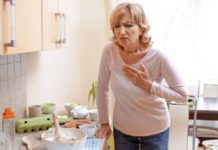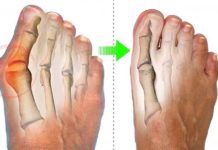A sore throat can be a real discomfort that is characterized by inflammation, pain, itching and discomfort to digest some foods. Its causes and treatments are as diverse as the ways to prevent it.
As it is a passage zone for various substances, the throat is exposed to many infections and inflammation. You may be affected and injured by overly hot foods, flu, smoking in excess or eating a large amount of sweet or spicy foods.
In this article you will learn more about throat irritation, its causes, symptoms, prevention, and some tips that will help us treat it from home. We will also show you some alternatives to avoid suffering a relapse.
The throat irritation usually lasts 4 or 5 days and it is important to treat it properly from home. We must be very careful if it is accompanied by high fever, cough, sneezing and secretions. If so, we should consult our doctor.
Causes
Among the most common causes of sore throat are:
- Influenza or spit
- Allergy
- Drastic temperature changes
- Excessive smoking and exposure to environmental pollutants and toxic substances
- Beauty products that contain very strong chemicals
- Poor oral hygiene
- Shout for a long time
- Tonsillitis, f aringitis or aringitis
Symptom
throat irritations are usually accompanied by a series of characteristic symptoms such as:
- Cough, tingling sensation and itchy throat
- Redness
- Dysphony
- Inflammation and throat odor, especially when swallowing food
- Fever
- Headache
Prevention
There are many ways to prevent this condition so we must take into account the following aspects.
- Do not smoke and do not consume alcohol (or, failing that, try to minimize it).
- Warm up properly on cold or rainy days.
- Increase in large quantities the consumption of foods rich in vitamin C.
- Avoid screaming and try not to force the throat.
- Try not to drink drinks that are too hot.
- Avoid sudden changes in temperatures .
- Maintain excellent oral hygiene.
- Do not expose yourself to chemical substances.
- Take care of ourselves and rest when we have the flu , so as not to have a relapse.
Infusion of mint and honey for throat irritation
Properties of honey














